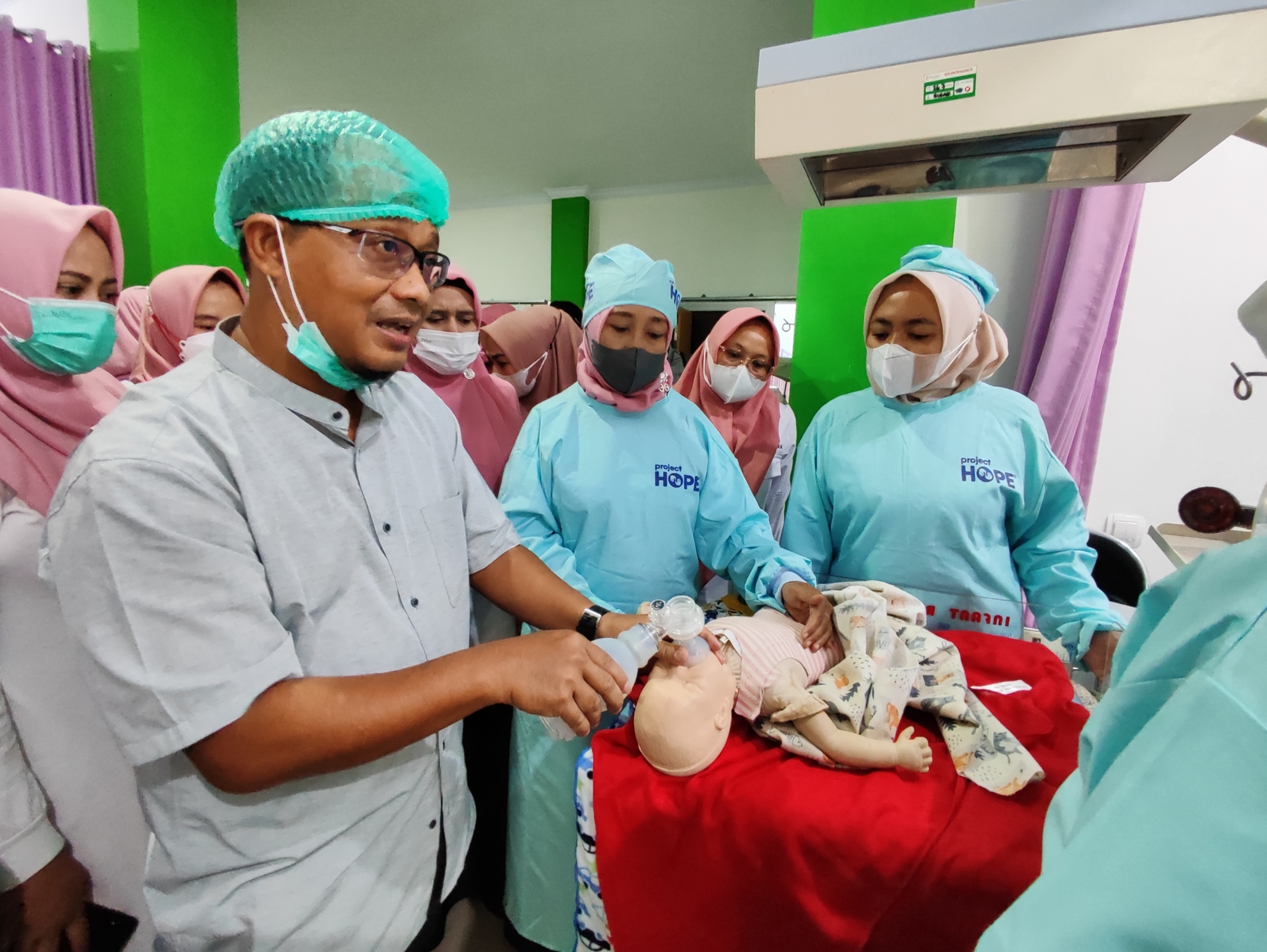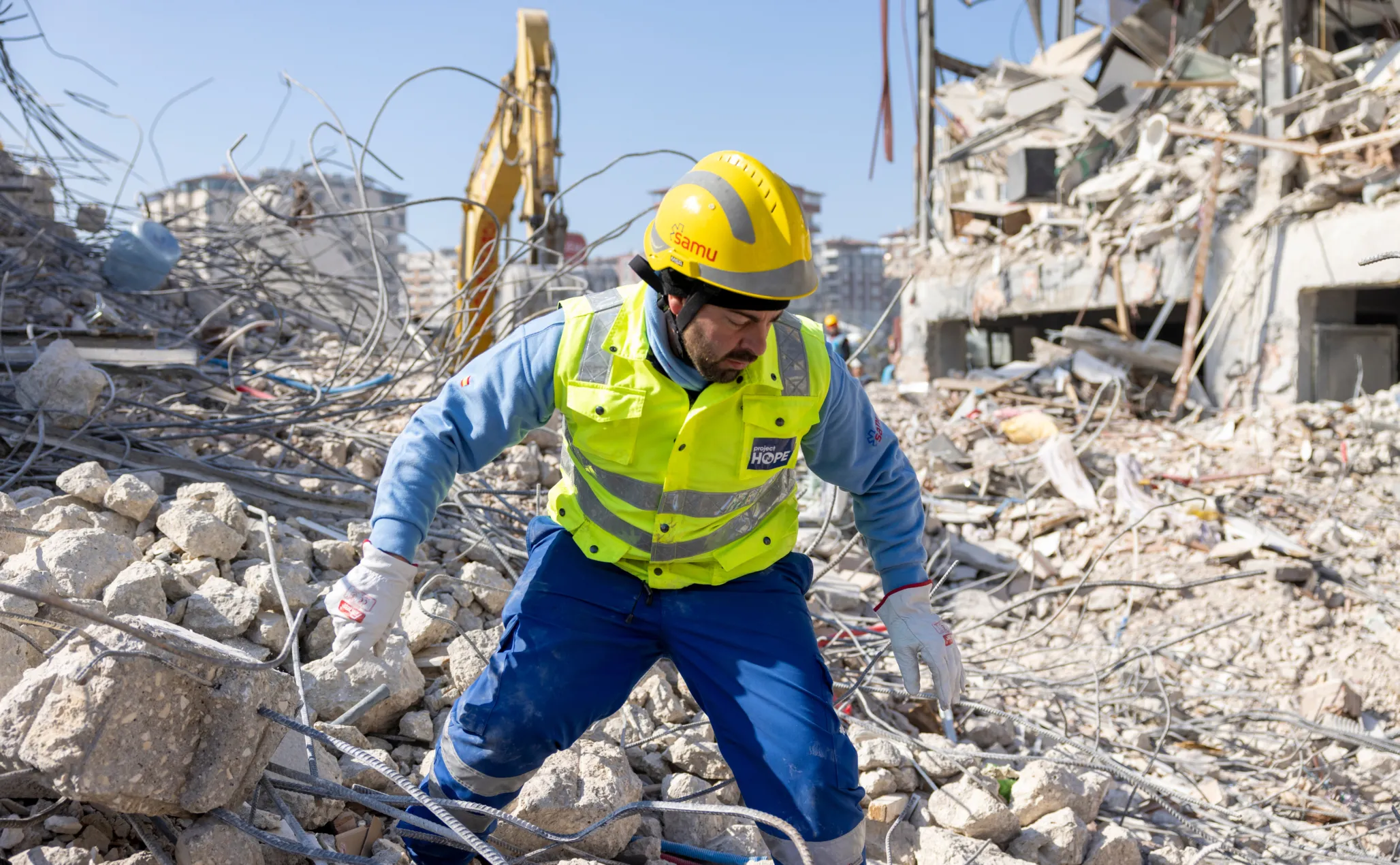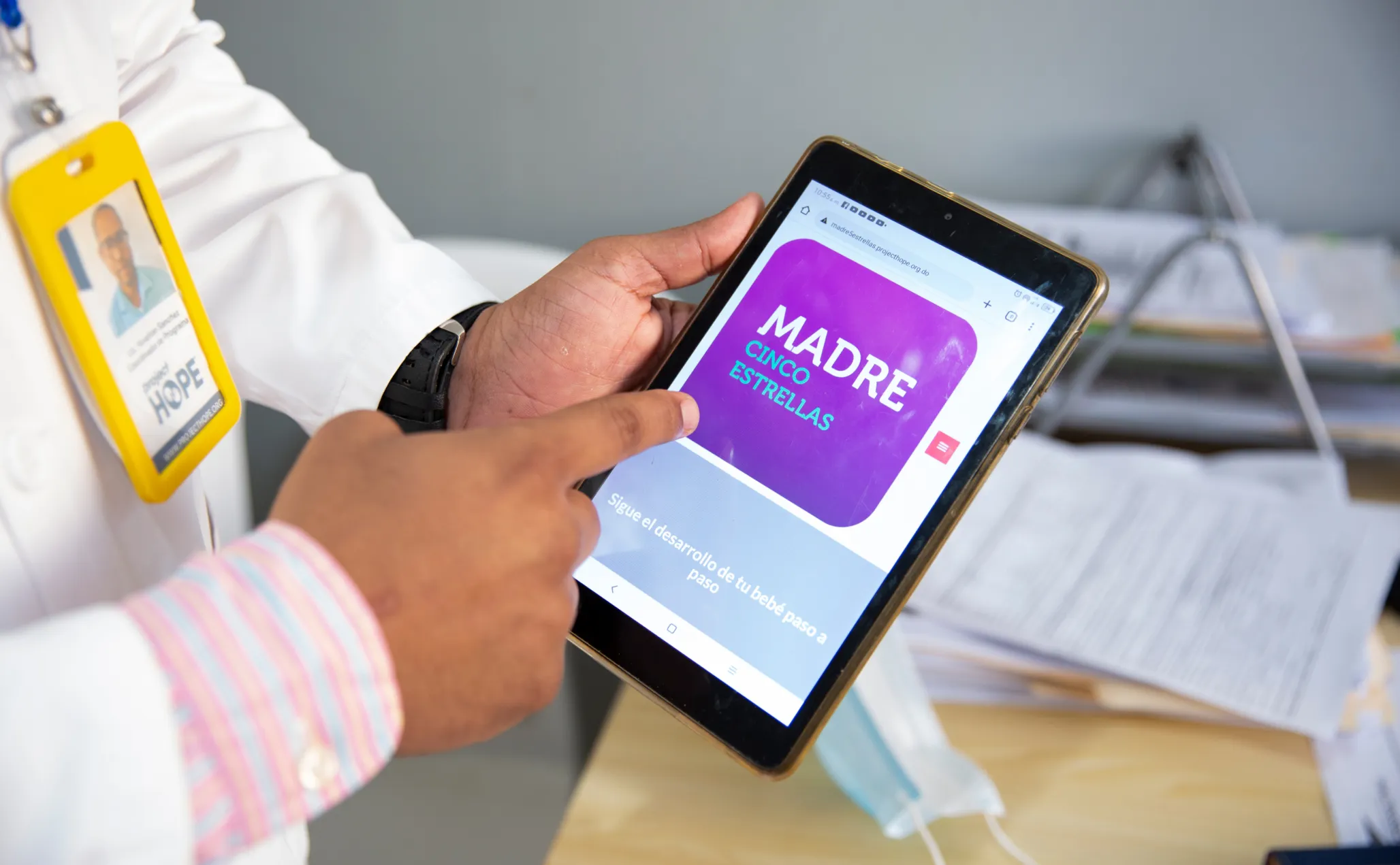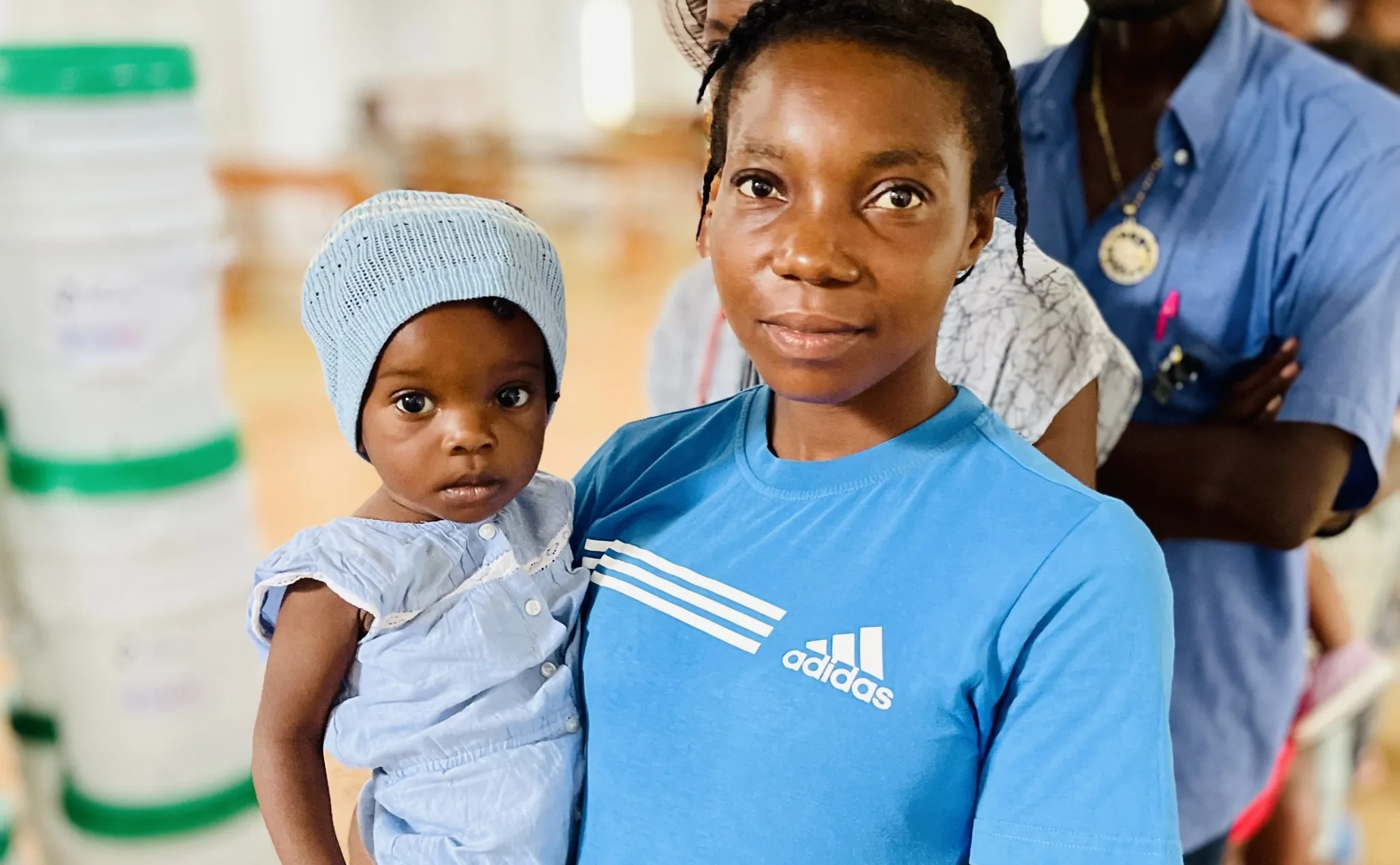

The Health Crisis
The ongoing global health crisis is marked by displacement, violent conflicts, health worker shortages, mental health concerns, pandemic fallout, and the threat of worsening climate change
The Health Crisis
The world stands at a critical inflection point when it comes to our collective global health. Around the world, we are witnessing record rates of displacement, significant health worker shortages, violent conflicts that spur humanitarian crises, a worsening climate crisis, and declining mental health — all against the backdrop of a health system still reeling from the impacts of the COVID-19 pandemic.
As it stands, we are not on track to achieve all the United Nations’ Sustainable Development Goals (SDGs) nor the Paris Agreement climate targets by 2030, and the World Health Organization estimates that the world will face a global shortage of 10 million health workers by the end of the decade.
We cannot solve these problems by merely treating the symptoms. That’s why Project HOPE thinks globally and acts locally, partnering with local communities to design and implement sustainable solutions that support local health systems, while providing health workers with the tools and training they need to save lives in their communities.
Sustainable Development Goals
The Sustainable Development Goals (SDGs) or “Global Goals” act as the cornerstone for the United Nations’ 2030 Agenda for Sustainable Development. These 17 goals provide a universal framework for addressing the world’s most pressing challenges, such as poverty, inequality, climate change, and global health, setting clear benchmarks for progress we’d like to reach by 2030.
Through our multifaceted programs and partnerships, Project HOPE is working to advance a variety of the 17 SDGs, with a focus on SDG3 which emphasizes the importance of accessible and quality healthcare services for everyone everywhere.
How is Project HOPE supporting SDG3

- Health Care Delivery: Improving access to quality healthcare services, particularly in underserved communities around the world through health worker trainings and health systems strengthening
- Disease Prevention and Treatment: Partnering with local communities and health care providers to implement disease prevention programs, conduct screenings, distribute medications, and raise awareness about diseases such as HIV/AIDS, tuberculosis, malaria, diabetes, hypertension, and respiratory diseases
- Maternal and Child Health: Reducing maternal and child mortality rates by enhancing prenatal and postnatal care, promoting safe childbirth practices, and providing training to health workers
- Capacity Building and Training: Equipping local health workers and communities with the necessary skills, knowledge, and equipment they need to address health challenges, strengthen health systems, and promote sustainable development
- Emergency Response: Responding to health emergencies and disasters worldwide by providing immediate medical assistance, delivering essential supplies, and supporting long-term recovery efforts
Our Approach to the Health Crisis
Project HOPE is dedicated to working hand-in-hand with health workers on the front lines of the global health crisis. Our commitment is two-fold: we provide urgent relief when disasters and humanitarian emergencies turn into health crises, and we invest in lasting solutions that improve access to care and save lives.
In more than 25 countries across five continents, we train health workers, strengthen health systems, and design innovative global health programs in communities facing the devastating consequences of disaster, conflict, the climate emergency, and systemic inequalities. We believe everyone deserves access to the health care they need.







